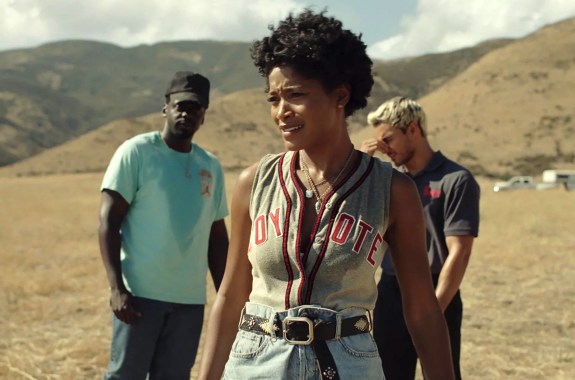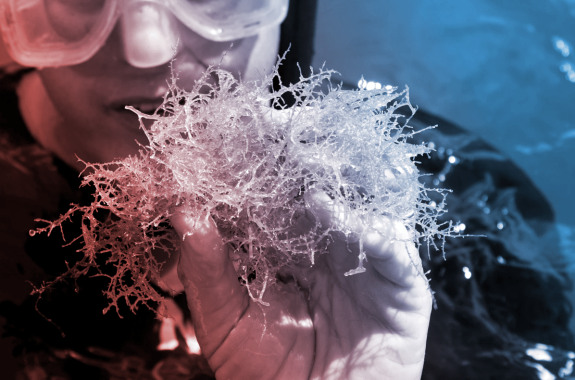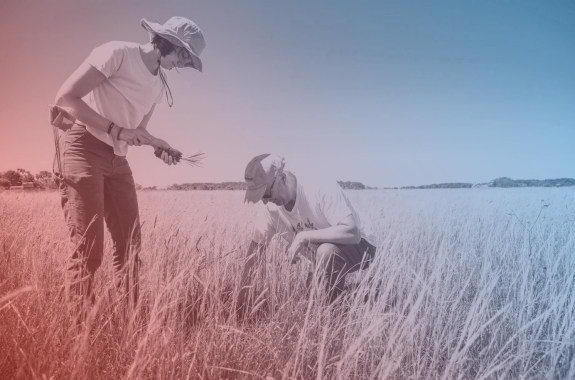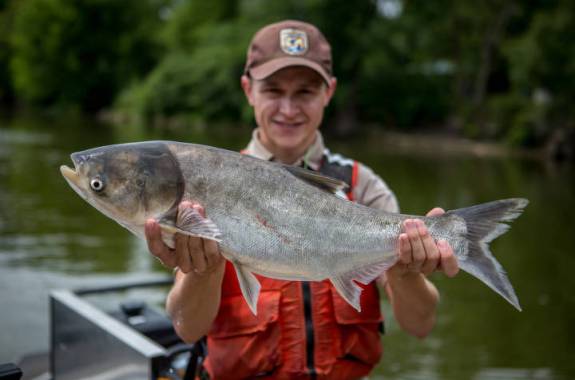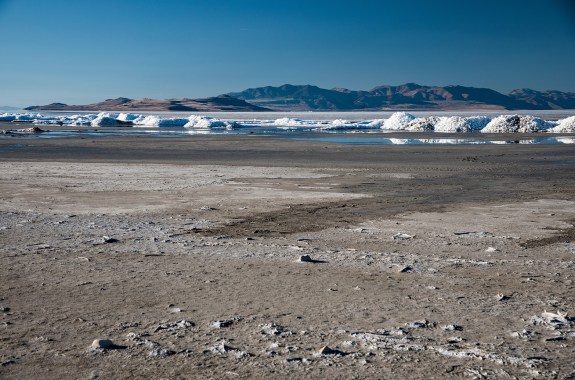Kathleen Davis is a producer and fill-in host at Science Friday, which means she spends her weeks researching, writing, editing, and sometimes talking into a microphone. She heads the show’s State of Science project, bringing local science stories to a national audience.
Before joining the Science Friday team in 2020, Kathleen reported on tech and breaking news at WESA, Pittsburgh’s NPR station. One time, her coworkers made her a dinosaur themed birthday cake, complete with a Rice Krispy meteor.
Kathleen is originally from the great state of Michigan, and is always eager to talk about freshwater lakes and Coney Island diners. She can often be found taking long walks to run errands that would be done much faster by other modes of transportation.
10:24
New Jersey’s Lenape Nation Fights Ford’s Toxic Legacy
A court case seeks to recover damages from the impact of the car company’s toxic waste.
16:45
The Surprising Animal Science Behind Jordan Peele’s ‘Nope’
Spoilers abound! Learn how Jordan Peele’s new film ‘Nope’ used inspiration from the oceans to make its new creature.
7:00
Seagrass Oasis In Gulf Of Mexico Signals Good News For Manatees
Seagrass is the bedrock of the marine food chain. That makes it an important habitat to protect.
16:58
Should Kids Get Vaccinated If They’ve Already Had COVID-19?
A new school year brings new challenges for parents and pediatricians, as viruses continue to complicate back-to-school planning.
12:14
A Plan To Cap Insulin Prices May Not Be Helpful
Plus, why the world was so convinced by space chorizo.
5:47
Restoring A Sensitive Ecosystem, One Wildflower At A Time
Protecting important habitats, like the sandplain grasslands of the Atlantic Coast, is critical in a changing climate.
10:38
A Fish By Any Other Name: Inside The Effort To Bring ‘Copi’ To Dinner
This invasive fish has a new moniker, one that experts hope will encourage more restaurants to place it on their menus.
12:19
Decades Of Alzheimer’s Research Could Be Based On Fraudulent Data
Plus, the moon may have pockets of pleasant temperature, and why a space vacation would be terrible for global warming on Earth.
16:38
Higher Temperatures Are Bad For The Body
As the world heats up, the human body will be put under increased strain.
10:20
Drought Could Raise Toxic Dust Around Utah’s Great Salt Lake
As the country’s largest saltwater lake dries up, toxic dust storms threaten the surrounding residents.

